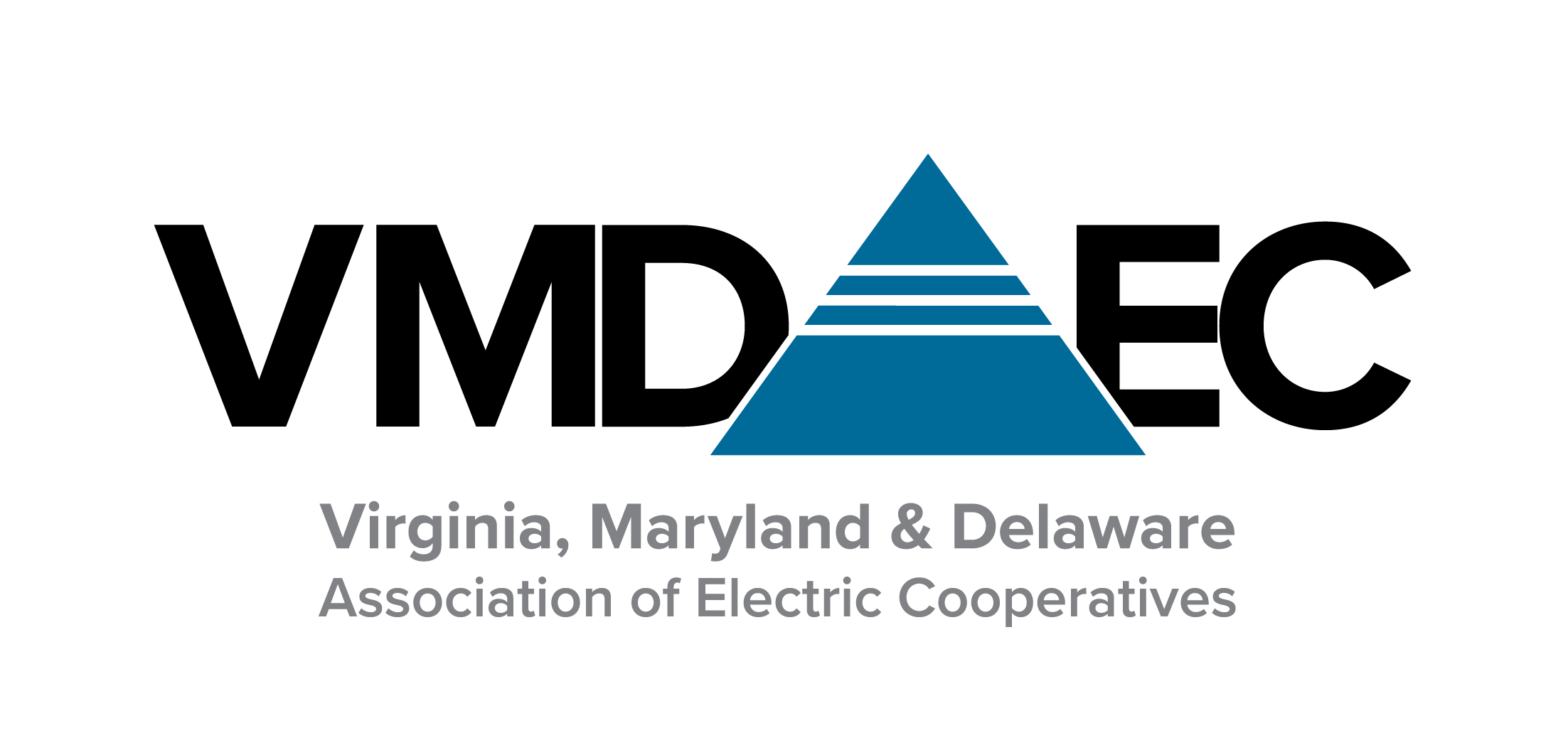HB805:
Barrier crimes; eliminates certain crimes from the definition, etc.
Bill Summary:
Barrier crimes. Eliminates
certain crimes from the definition of "barrier crime" and requires
the State Board of Behavioral Health and Developmental Services, the Board of
Education, the State Board of Health, and the State Board of Social Services to
each adopt regulations that develop and implement a waiver process for
individuals who have been convicted of a barrier crime
and who serve in a position or seek to serve in a position with any qualified
entity subject to the regulations of the board. The
bill eliminates current exceptions and time limit mandates, as such information is required to be set out in each agency's waiver
process. The bill sets out information to be
included in the regulations of
the individual boards. The bill also directs the Departments of
Behavioral Health and Developmental Services, Education, Health, and Social
Services to each publish information about the agency's waiver process in an
easily accessible format on a website maintained by the department. The bill includes
additional requirements for each waiver process, such as if an individual's
application for a waiver is denied, the department must state the basis for
denial in writing and provide such explanation to the individual. The bill
provides that although a waiver granted to an individual by one department
shall not be transferrable to a position under another department, proof of
receipt of a waiver from one department shall be considered positively by
another department when reviewing an application for a waiver. Additionally,
each department is required to notify the Department of
State Police when a waiver has been granted within 10 days of issuing
the decision in writing to the person who was subject to the waiver.
In cases where a waiver has been granted, the bill also
prohibits any business screening service from disseminating information
regarding the barrier crime conviction that was the
subject of such waiver unless it is clearly indicated that the waiver was
granted, and the bill
sets out a penalty for any business screening service that violates that
prohibition. The bill prohibits any qualified entity from discharging or
otherwise discriminating against a person for any reason concerning solely the
barrier crime conviction that was the subject of a waiver that has been
granted. The bill also exempts all documents relating to a waiver application
from the Virginia Freedom of Information Act except for an application cover
sheet and whether the waiver has been granted or denied or if the application
is pending.
Additionally, the bill eliminates the state-level barrier
crimes requirements for foster and adoptive parents and provides that a
child-placing agency shall not approve a foster or adoptive home if any
individual has been convicted of crimes prohibited under federal law or is the
subject of a founded complaint of abuse or neglect as maintained in registries
pursuant to state and federal law. The bill has a delayed effective date of the earlier of (i) the first day of the fourth month
following notification of the Chairmen of the Senate
Committee on the Judiciary and the House Committee for Courts of Justice by the
Superintendent of State Police that the Department of State Police has implemented the necessary system upgrades as required
by this act or (ii) July 1, 2025; however, the
provisions related to foster and adoptive parents become effective on July 1,
2022. The bill requires the Boards of Behavioral Health and Developmental
Services, Education, Health, and Social Services to
promulgate regulations by December 1, 2024, to implement
the provision of the bill. The bill also requires the Secretaries of
Education, Health and Human Resources, and Labor to
provide recommendations on the development of a navigation system no later than July 1, 2024, for assisting applicants in
navigating the waiver processes across each department. Individuals with
barrier crime convictions serving in a position pursuant to a currently existing exception, waiver, or screening
process that the bill eliminates shall continue to be subject to such
exception, waiver, or screening process and shall not be terminated upon
enactment of the bill or required to apply for a
barrier crime conviction waiver so long as he continues to
be employed by the same employer. The bill also permits the boards to have a phased implementation of the regulations
not to exceed two years after the bill's enactment
in order to prevent overwhelming department resources for receiving
applications and to ensure that applications are answered in a timely manner.
The bill also directs the Department of State Police to implement any necessary
enhancements to the Criminal History and Rap Back Information System by the
effective date of the first enactment of this act.
Bill Patron: Price
Last Action(s):
(House) Left in Health, Welfare and Institutions February 15, 2022
Bill Status:
